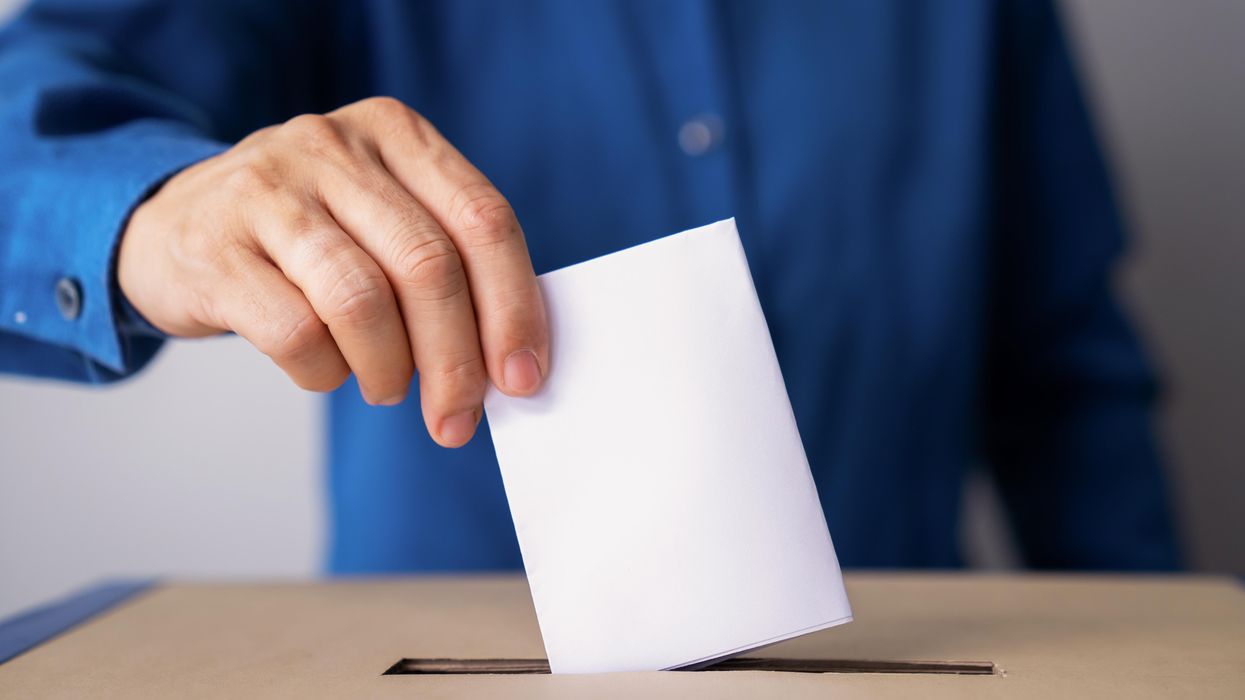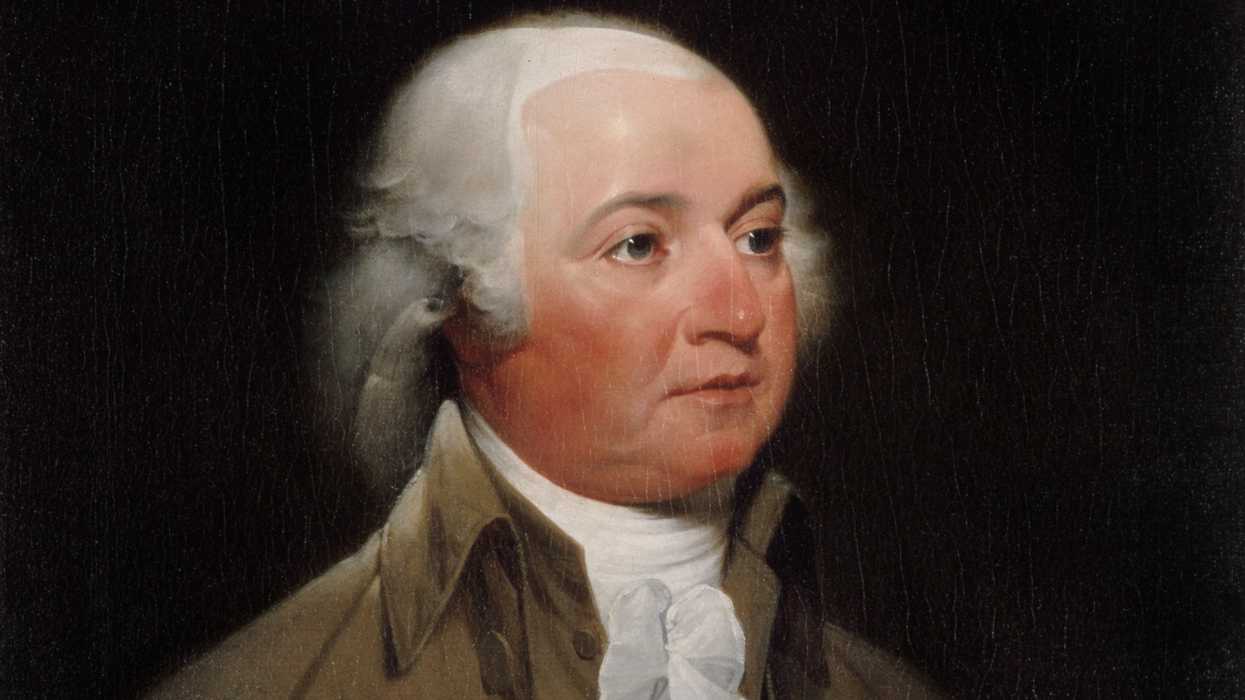Molineaux is co-publisher of The Fulcrum and president/CEO of the Bridge Alliance Education Fund.
We are S T R E S S E D out by our lives today. The rapid pace of change has left us vulnerable to exploitation. We are witnessing trauma, experiencing loss and asked to pull ourselves together, somehow. Add to that a political and media climate which all too often reports on politics like a sportscaster calls games and the result is many people wanting to disconnect from everything. Our diversity of ideas and opinions should help us share a common reality. But by disconnecting from each other, we risk delusion.
There is a lot of delusion in our world today. Individually we share varying degrees of it. Some of it has been intentionally inflicted and some is the result of an unwillingness to dig beyond the headlines. The level of psychological perversion is unlike any I have ever seen. And I also wonder if an earlier version of our current story/reality/divisions was present in the 1930s?
In the 1930s, the “new technology” was radio and people were so ready to believe it was all real, that when a fictional story, "War of the Worlds," was broadcast, a large segment of the listeners believed it was real — we were being invaded by aliens. World War II was starting “over there” while in the States, our predecessors were arguing over our involvement, rejecting war refugees, fearing communism and being willfully blind to the atrocities of war. Fear causes our selfish concerns to the surface and few people can remain generous in this atmosphere.
Still, the worst thing for me/us to do is to give into the fear and join the fight for power. What is missing is our ability to imagine a new future where we might all live with our collective human dignity intact. I find the denigration that accompanies the psychological war, the physical war and the intentional trauma must be met with dignity, compassion and resolve. This is the type of community I wish to co-create with you. This is the fight for humanity, not power.
I spent the weekend with some of the brightest people working on political reforms. Our solutions seemed disconnected from each other and a little disconnected from reality. They revolved around a domination model of “if we can just win, then everything will be OK.” Somehow, we keep missing the human dignity component that allows us to weave our collective work together effectively and in partnership. In a win/lose paradigm, everyone loses.
The Ukrainians have shown us resolve in the face of bullying, cruelty and trauma. The Poles have demonstrated dignity and compassion toward their neighbors. Together, they are embodying the “never again” declaration that followed WWII.
Can we do any less for our nation, when facing a less physical, but just as real, information war? How might we start an embodiment of who we need to be for a better future?
I’m scared too. Yet I keep moving forward with a pulse on the future I hope we all want. And hope we want a better, more equitable future more than we want to dominate others because we are afraid. I’m tracking the collective stories of our time, which has dystopian futures dominating our mindsets.
We need to imagine a better future. One where partnership is the norm instead of domination.




















